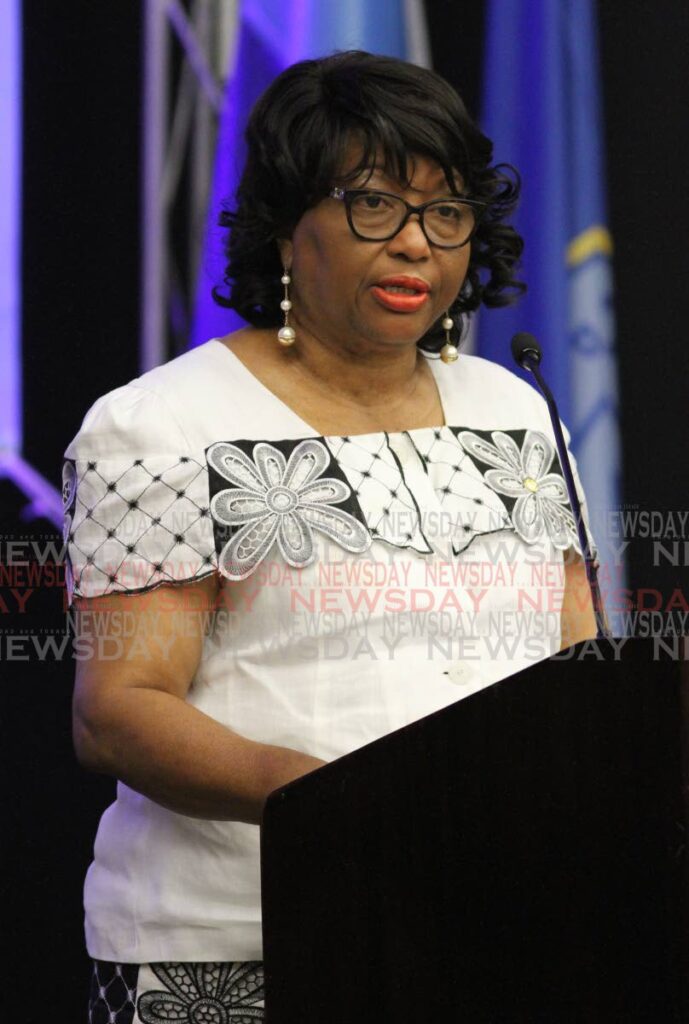Record levels of covid19 in Americas

The Americas registered more than eight million cases and 18,000 deaths from covid19 in the last week, the highest figures since the pandemic began.
Dr Carissa Etienne, director of the Pan American Health Organization (PAHO),
said on Wednesday at its weekly webinar there had been an increase in cases and deaths of over 30 per cent compared to last week.
Argentina was the country with the most registered reports, with 700,000 cases in one week. In the Caribbean, Haiti and Martinique continue to have increases in cases and deaths and the lowest vaccination rate.
Etienne said the omicron variant has already become the dominant strain in the region: “Now more than ever we need information about infections so that we can bring aid to countries and identify the gaps and resources we have.”
She said it is too early to say the pandemic is close to ending, but there are tools to analyse its progress.
"We have the vaccines, the use of masks and health measures. With this we can help reduce the spread of covid19 and reach the end of the pandemic soon," she said.
Dr Sylvain Aldighieri, director of incidents for covid19 at PAHO, said more data and time are still needed to determine if covid19 would become a seasonal virus like the flu.
"In tropical and subtropical areas it is even more difficult to determine patterns of these infections," he said.
Etienne spoke especially about children on Wednesday. She said both children and adolescents can also be infected with covid19 and it is worse among those who have conditions such as diabetes and asthma.
“Covid19 is not the only risk to which children are exposed. Due to the pandemic millions of children stopped attending their medical appointments, as well as vaccination against other diseases. Brazil is fighting measles, while Haiti and the Dominican Republic are facing cases of diphtheria,” she said.
PAHO recommended that countries reopen schools and make them safe havens for learning and socialising.
Vaccination is not a fundamental requirement for the reopening of schools.
“Of course it is a risk, but countries must consider priority vaccination services so that children are not put at risk,” Etienne said.
PAHO reported 12 countries have reached 70 per cent vaccination and can now consider vaccinating children.
"Many countries are already administering vaccination to adolescents and last week the WHO authorised Pfizer's vaccine for children between f
ive and 12 years old, which is essential for the stability of children," she said.
Dr Jarbas Barbosa, deputy director of PAHO, said they hope that several producers share more data on their vaccines and the possibilities of their being administered to children in the coming weeks.
Dr Ciro Ugarte, director of emergencies, explained there are many factors that must be taken into account for the reopening of schools, not only health measures in educational spaces, but also throughout external systems such as transport.
“National authorities must seek a balance between socioeconomic and health measures to make the best decisions for their countries and their population. In a country where vaccination coverage is high, there are fewer risks because the population will be less exposed to the severity of the virus and will allow physical separation measures to be lowered a little.
"The responsibility lies with each one of us, even if we are vaccinated,” he said.

Comments
"Record levels of covid19 in Americas"